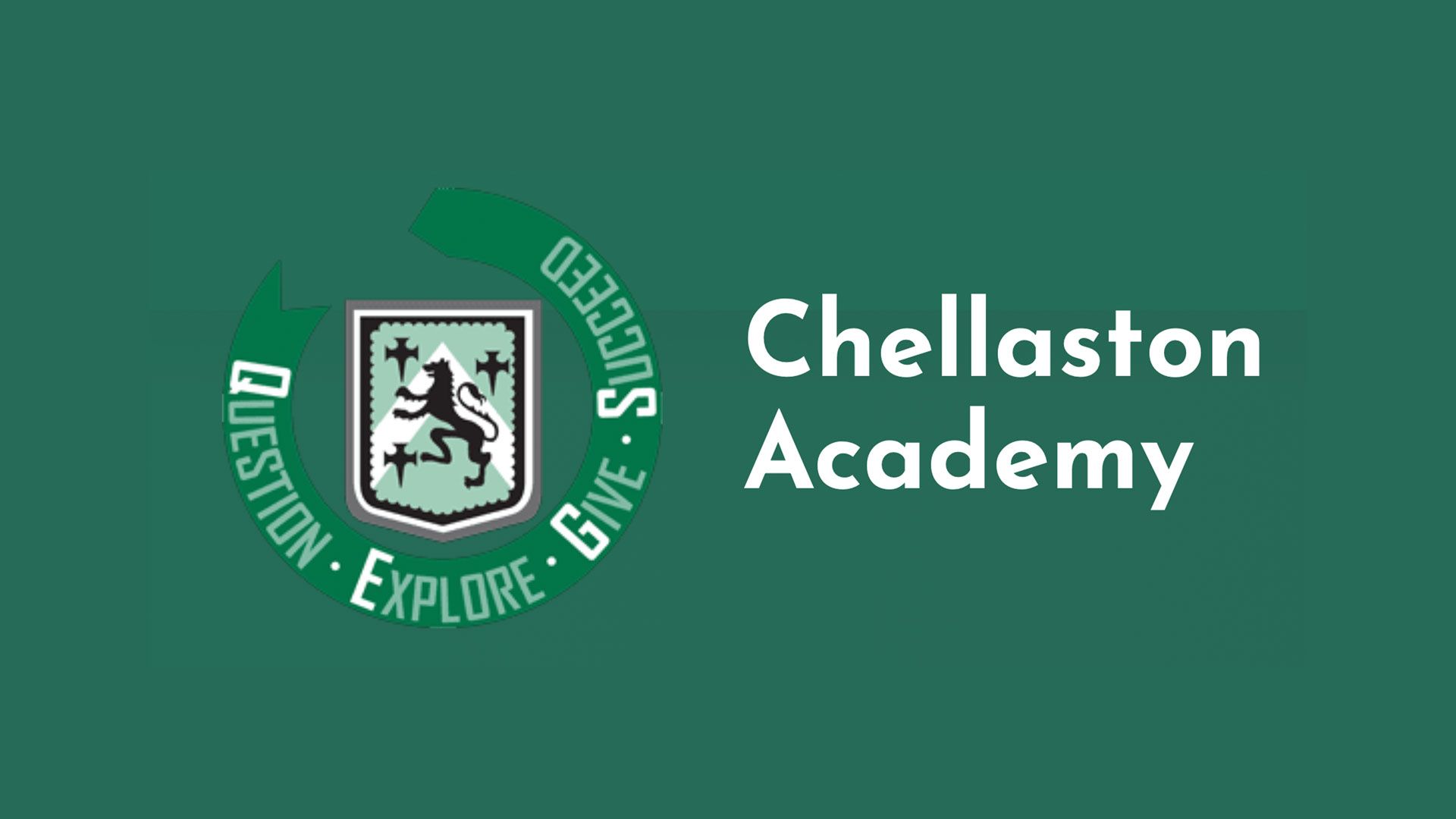Great school leadership - what does it look like and how can you achieve it?

Ironically, it’s a great time to reflect and ask yourself what does great school leadership really look like and what have we done this year to achieve it?
Our former headteacher, Sarah Creegan, is here with her tips to help you confidently reflect on the year that’s passed and lead your school into the new academic year with renewed enthusiasm.
Great school leadership at the end of an academic year
Be honest, how many times in the next few weeks do you think you’ll say, “Let’s just get to the end of the year in one piece”?
Teachers are knackered. Kids are hot and grumpy. And parents? Well, they’re up in arms about something or other – most likely about parts assigned in the Year 6 leavers’ assembly.
As for you, you’re limping towards the holidays with that G&T by the pool still frustratingly out of reach.
At Laughology, we’re an empathic bunch. But we also recognise when people need a gentle nudge, or even a bit of a shove, to get them over the finishing line in a productive and helpful way.
Schools have loads of data to analyse at the end of the school year and you certainly don’t need us to tell you how to do that. What you do need, however, is for us to get you flexing your reflection muscles around your school leadership.
So, here goes … your starter for 10:
How are you and your leadership team doing this year and how do you know?
Encouraging diverse thinking
We’re drawn to people who think, look and behave like us.
When analysing the end-of-year data, is a general consensus quickly reached, or do you have someone who says, “Yes, but…”?
For example, we know attendance rates have been affected again this year. It would be easy, as a leadership team, to put that down to COVID and plan to ‘go again’ next year. But great leadership is more than that. It’s about high levels of self-reflection and looking at what was within your control.
Even if it isn’t part of their role, who’s the person who won’t, without much more evidence, accept this is just a COVID thing? The person who is:
- Looking even more forensically at the data to spot any patterns/ themes
- Ensuring the EWO or other professionals were involved in a timely way
- Chatting to the individual kids and families to see what can be done differently next academic year
- Better understanding the strategies to support pupils with Emotionally Related School Avoidance (ERSA) going forward
- Checking the leadership team has thought creatively, explored every possible avenue, and given all the support they can to get children into school, happy and learning?
This is just one example and, hopefully, you’re nodding along as you’ve got all-things- attendance nailed. But is diverse thinking nailed too?
If you haven’t already, we’d highly recommend you read Matthew Syed's Rebel Ideas whilst lying on your lounger and sipping your gin through a straw. Then (when you’re back at school) ask yourself, as a school leadership team:
- Have we created an unhelpful ‘echo chamber’ or ‘groupthink’ culture? If so, how do we give people permission, and the skills, to question decisions?
- Do we challenge each other enough about the right things - and kindly.
- Do we have a good mix of people who think differently on our SLT and, if not, what can we do about that? At Laughology, we’ve created a rebel boardroom to do just that.
It’s also helpful to think about how you’ll react when people do start to challenge and offer opinions that are in direct opposition to yours. Listening without bias, with an open mind and a willingness to be swayed isn’t always easy.
Our Being Inclusive session will help everyone on your team better understand how unconscious bias impacts all the conversations and work we do in schools and what we can do about it.
Be open to feedback
Summer 2 is usually the time of year when schools send out questionnaires to the world and his wife to find out what the parents, kids, and staff think. This is one of the best ways to find out people’s true feelings, as responses are anonymous. However, as is always the case in life, people who are happy enough are less likely to reply than those with an axe to grind.
Let’s face it, how often have you contacted your underwear shop of choice to say you love your new knickers? But, when the elastic goes upon their second wearing, boy do they get a snotty email.
As with being challenged by your leadership team, receiving negative feedback can be tough. Someone in my school once wrote on their staff questionnaire that we had a ‘namby pamby’ way of managing behaviour and the ‘naughty’ kids needed to be excluded.
It wasn’t the negativity of the comment that made me grind my teeth, but the fact that we’d put a lot of effort into creating, what I thought, was a shared ethos and understanding towards children with special needs and social, emotional, mental health difficulties. And someone still wasn’t getting it.
Great school leadership teams:
- Are open to, and actively seek out, feedback. They’re also keen to understand better too. If a few similar comments are made about an aspect of the school’s work, it might be worth setting up a discussion group to find out more.
- Understand that feedback focuses on the unchangeable past. They put their focus and energy into planning for the future, based on what they’ve learned.
- Are able to walk a mile in someone else’s shoes. Although you think there’s a good range of extra-curricular clubs available, frustrations around the booking system; a sense of unfairness that some children have got more clubs than others; the cost of clubs may all be worrying working parents who need after-school care.
- Keep things in perspective, unless you want to be toothless and gummy from all of the grinding. It was only one ‘namby pamby’ comment after all.
Support each other
To help everyone keep things in perspective, and to drive the school forward in a positive way, great school leadership teams are supportive of each other. That doesn’t mean always agreeing, but it does mean that, at the end of the day, people (including head teachers) go home feeling:
- Listened to
- Valued
- A sense of achievement
- Like someone has their back
- As though there’s fun and laughter at work
Of course, there are lots of other things good school leaders do. And we must remember that all members of the team ‘lead’ - from interventions and playground games to behaviour and individual subjects.
If you’d like any support to improve, either as an SLT or as a whole school, why not give us a call on 0844 800 1701 or email
In the meantime, I’m off to check my knicker elastic and do a bit of namby-pambying round the house. Yep, definitely got over that one and kept it in perspective!
Sarah Creegan
More














